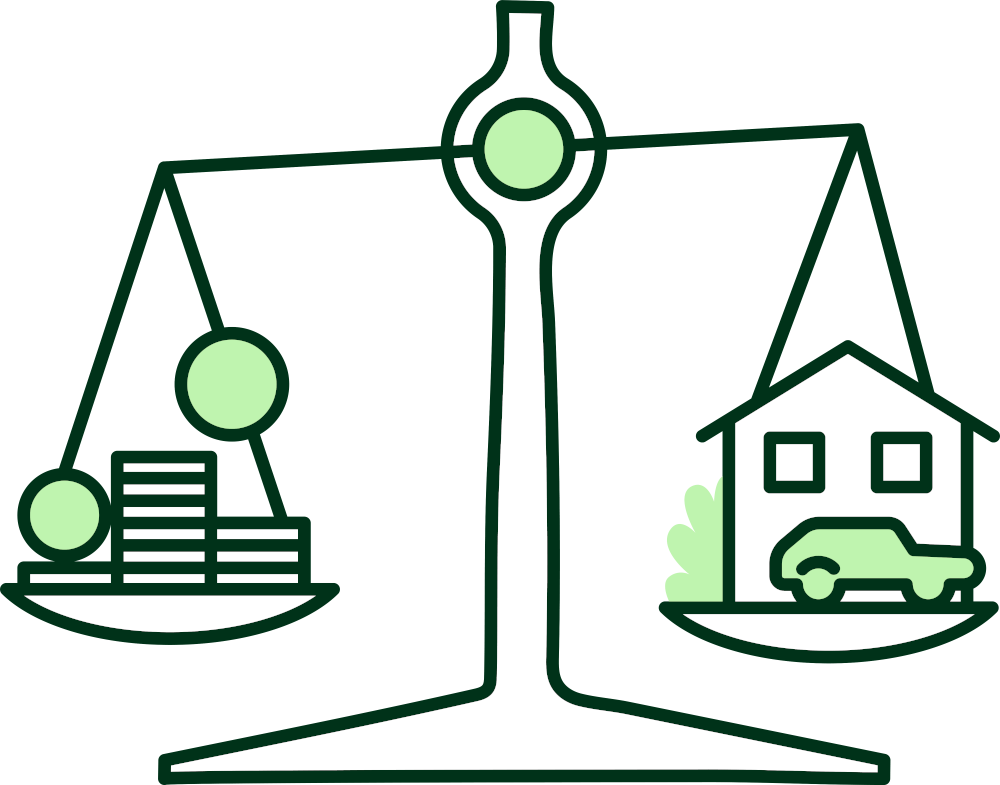What are attachment of earnings orders?
If you owe money, your creditor might try to get an attachment of earnings order. It tells your employer to take money from your wages and give it to the court to pay a debt. A creditor can do this if they have already got a county court judgment against you.
How does it work?
The court can take money directly from your earnings if all four of the following apply:
- You are behind with payments on your county court judgment.
- You owe more than £50.
- You are an employee.
- You are not self-employed or on benefits.
The creditor pays a fee when they apply for an attachment of earnings order. They can add this fee to your debt.
Your employer can take £1 from your wages every time they take money out and pay it to the court. This covers the cost of administering the order.
What should I do?
The court will ask you to fill in a form, giving:
- your name, address and number of dependants
- your employer details
- your income and outgoings
- any other debts and court orders
- how much you can afford to pay.
You can ask the court to suspend the order. You must give a reason. For example, you can say that you might lose your job if your employer knows you are in debt.
What does the court do?
The court uses the information on the form to make an attachment of earnings order.
The court cannot do this if your take-home pay is below a certain level. This is called the ‘protected rate’.
The court will then send you the order in writing.
If you have asked for the order to be suspended the court will decide if they agree with you.
What if I disagree with the court order?
You and your creditor have 14 days to tell the court you disagree with the terms of the order. You must explain why you disagree in a letter.
There might be a private hearing with a District Judge to consider the order. Make sure you go to the hearing. Take your personal budget and details of your other debts with you. At the hearing you can explain why the order will be hard for you to afford.


